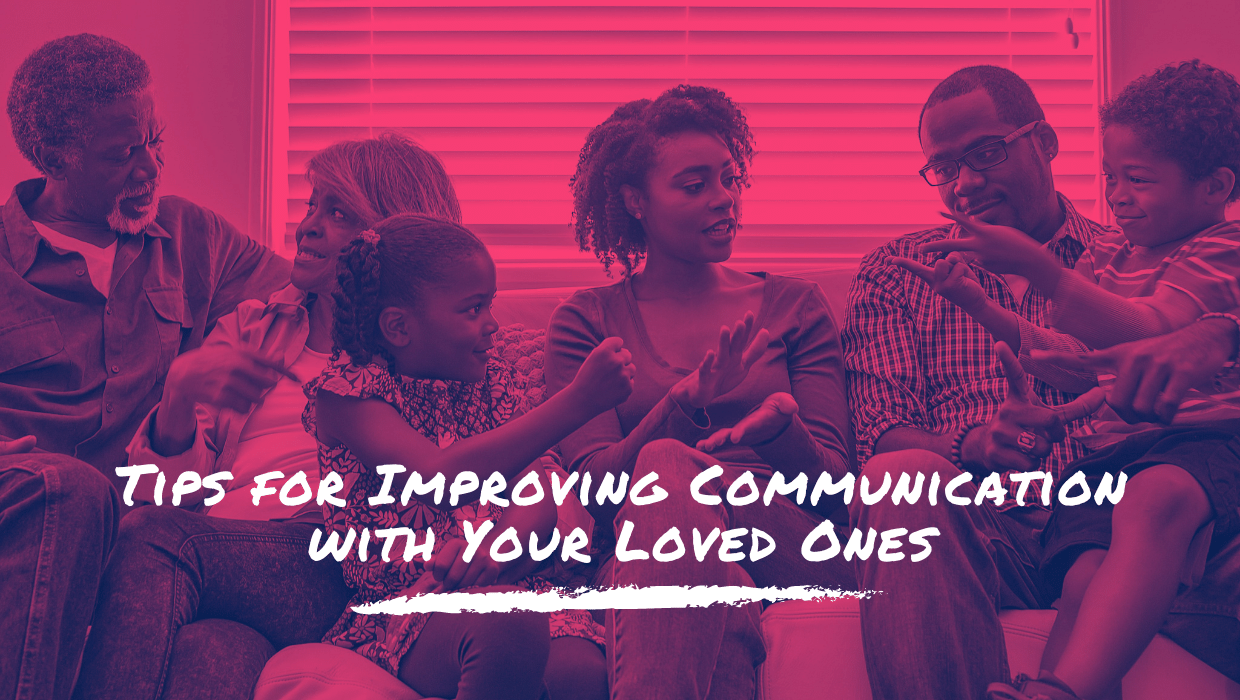
- Understanding the Different Types of Assistive Listening Technology - April 15, 2025
- Emergencies That Can Occur With Hearing Aids - April 5, 2025
- When to Consider a Second Opinion for Hearing Health - March 25, 2025
Anyone who has dealt with hearing loss for a while can tell you that it doesn’t just affect the person who has it, but everyone who is close to them, as well. Communication is always a two-way street, and when hearing loss enters the picture we all need to work together to keep communication possible.
Still, even when everyone involved has normal hearing, miscommunications are inevitable. Problems in partnerships, families and friendships can become some of the biggest concerns for people with hearing loss. A British study from 2009 surveyed 1,500 people with hearing loss and found that 44% of them had attributed hearing loss to problems in their relationships with their partner, friends or family. 34% reported that the communication issues had caused a relationship to end, including marriages.
We don’t need to let hearing loss come between us and the people we love. Whether you have hearing loss yourself or you have a loved one who suffers from it, here are a few guidelines you can share with everyone in your family to keep communication flowing smoothly.
Stay Calm
Not being heard is frustrating, as is not being able to hear. Whenever you’re having an issue with communication, remind yourself that you’re all doing your best, and take it in stride. The last thing you want to do is start an argument over someone’s hearing loss, so keep it in perspective and try to communicate by other means if necessary.
Make Sure You’ve Got Their Attention
If someone has difficulty hearing, and generally even when they don’t, it’s a good idea to make sure someone is listening to you before you present them with important information or requests. Getting someone’s attention gives them a moment to reset their focus on you, so they’re listening to everything you say as soon as you start talking. Otherwise, they might miss part of it or need you to repeat yourself.
Get someone’s attention by gently touching them on the shoulder, or saying their name and waiting for eye contact or other positive confirmation that they’re listening before you start to speak.
Clear Beats Loud, Pause Beats Slow
Often when we want people with hearing loss to understand us, we might speak louder and louder. While a little extra volume can be a good thing, breaking from a speaking voice into a yell will actually cause distortion in the listener’s ear, making it harder for them to comprehend what you’re saying.
Similarly, we might wish to speak slower to give our family member with hearing loss more time to decipher what we’re saying. In fact, when we “drrr www oooouuuut” our words, we make them more difficult to interpret.
The best way to alter your speech for a person with hearing loss is to speak slightly louder, but still in a “talking” voice, and to say the words at their normal speed but to add slight pauses between them. Some people with mild hearing loss may not require this, but it can make a world of difference to those who do.
Rephrase
When a person with hearing loss tells you they haven’t heard what you’ve just said, rather than repeating the same thing louder, try rephrasing it. Those with hearing loss do a lot of extra work in their brains to piece together the bits of sound they receive into coherent sentences, so if you rephrase rather than repeat it’s like you’re giving them twice the materials to put together the same thought, and that’s helpful!
Use More Syllables
We may be used to saying “Yes” or “Yeah,” “No” or “Nope,” but for those with hearing loss, that might not be enough to grab on to. Whenever you have to answer a yes-or-no question for a person with hearing loss, add a few syllables. Say, “Yes, I did,” or, “No, I did not.” Contractions can also be confusing- “did not” will be much clearer than “didn’t.”
Hearing Aids Can Help
If you’re struggling with hearing loss or have a loved one who is, hearing aids are the best treatment in most cases. Treating hearing loss is important for many aspects of physical and mental health and is shown to be the best way to avoid unwanted lifestyle changes that can lead to loneliness, depression, cognitive difficulties, physical injury, and earlier onset of cognitive decline and dementia. Make an appointment for a hearing test today and see what hearing aids can do to improve your family’s communication, and your life.
